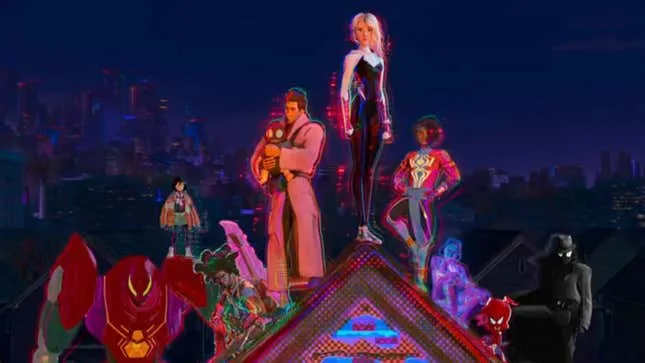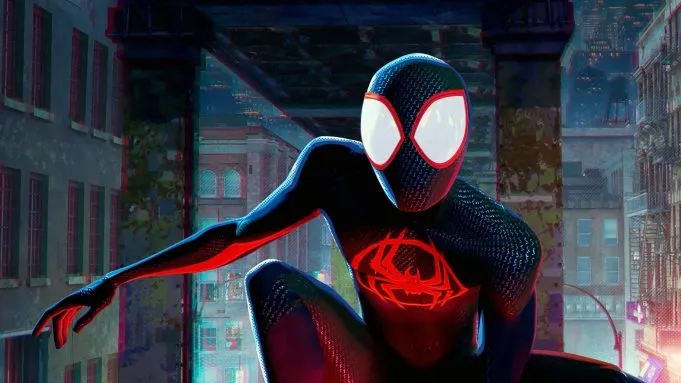The recent cinematic releases of “The Flash” and “Across the Spider-Verse” demonstrate the multiverse’s capacity to craft intricate narratives that traverse time and space. Both films tackle the repercussions of tampering with the fabric of existence, as their protagonists navigate the weight of their choices. Barry Allen in “The Flash” confronts the unrelenting force of mortality, while Miles Morales in “Across the Spider-Verse” boldly attempts to defy fate, charting his own destiny. These differing approaches yield distinct philosophical undercurrents, with “The Flash” emphasizing the importance of embracing tragedy and moving forward, and “Across the Spider-Verse” highlighting the notion of challenging fate and grasping control of one’s future.
“The Flash” adopts a traditional origin story framework, relying on the classic trope of a tragic parental backstory to elicit sympathy and relatability. Barry’s journey is one of self-discovery and acceptance, as he learns to come to terms with the immutable fact that his mother’s death is an unchangeable event. In stark contrast, “Across the Spider-Verse” subverts this expectation by proposing that origin stories do not need to rely on tragic backstories to be charming. The film’s incorporation of comic book homages and meta-commentary adds depth and nuance to its exploration of the nature of fate and the importance of accepting one’s place in the world.

A Still From Across the Spider-Verse (Photo: Across the Spider-Verse)
Barry’s decision to alter the timeline in “The Flash” ultimately unleashes chaos and destruction, serving as a cautionary tale about the dangers of meddling with time and space. Conversely, “Across the Spider-Verse” presents a more optimistic take on the concept of fate, suggesting that individuals possess the power to shape their own destiny. Miles Morales’s determination to preserve his father’s life serves as a testament to the notion that ultimately, it is up to each individual to take control of their own future and chart its course.
These differing approaches to fate and time offer a nuanced exploration of the human experience, highlighting the complexities and uncertainties of life. The multiverse, with its vast array of possibilities and timelines, provides a rich backdrop for storytelling, allowing for a diverse range of perspectives and themes to emerge. As the multiverse continues to expand in of superhero cinema, it is refreshing to see these varied perspectives offering a more complex and varied exploration of existence, identity, and morality.
























